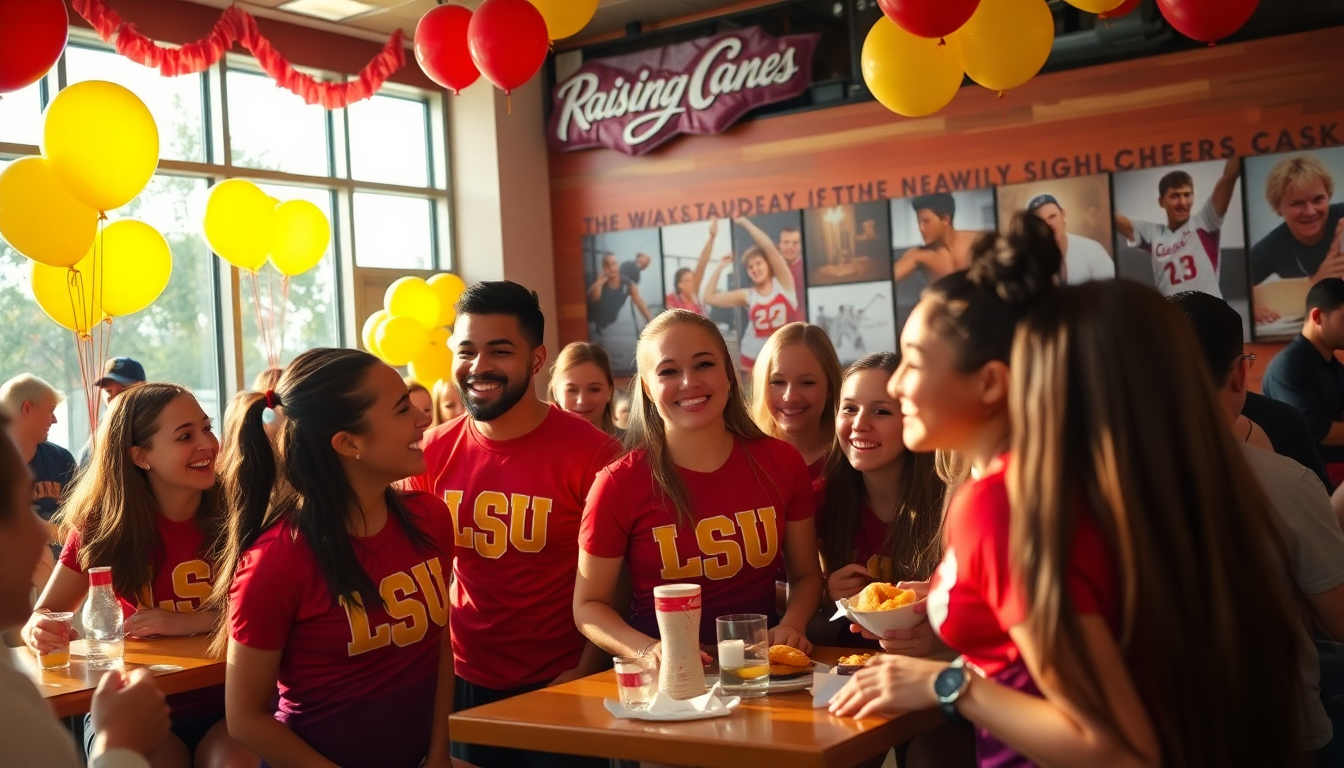Table of Contents
In the competitive world of collegiate gymnastics, Olivia Dunne has been making waves, not just for her incredible athletic skills but also for her outspoken views on media representation. Recently, she participated in a promotional event at Raising Cane’s to celebrate her LSU gymnastics team’s national title.
However, it’s her reaction to a controversial article by The New York Times that has really captured everyone’s attention.
Controversial Media Representation
The November 2022 article titled “New Endorsements for College Athletes Resurface an Old Concern: Sex Sells” ignited a significant backlash.
Many felt the piece painted Dunne in a way that was overly simplistic. The article described her as a “petite blonde” and implied that the new Name, Image, and Likeness (NIL) deals in women’s sports favored traditional femininity over true athletic achievement.
Dunne didn’t take this portrayal lying down. In a recent podcast interview, she shared her experience with the article’s coverage, revealing that the newspaper staff pressured her to wear specific attire, which they later sensationalized under the headline “Sex Sells.”
“They came to our gymnastics facility at LSU, took pictures of me, and told me to wear my team-issued attire, put on a leotard, and then they blew it up on the screen with that headline,” Dunne said, expressing her disbelief at the editorial choices.
She voiced her frustration about being reduced to a stereotype, especially when her achievements as an athlete should have been the main focus.
Social Media Backlash and Opportunities
Following the article’s release, Dunne took to social media to address the controversy directly.
She shared an image from the shoot along with a sarcastic caption that questioned the newspaper’s intentions. This bold move struck a chord with her followers, leading to an outpouring of support from fans who admired her honesty. The publicity didn’t go unnoticed; it eventually opened the door for a modeling opportunity with Sports Illustrated—a long-time dream for Dunne.
“I decided to post that same picture and write ‘at The New York Times, is this too much?’” she recounted, reflecting on the positive reception and the exciting career developments that followed.
Despite her initial disappointment, this incident has not derailed Dunne’s career; instead, it may have propelled it in unexpected ways. Her engagement with the media landscape highlights the crucial role athletes play in advocating for themselves against reductive narratives.
Continuing to Inspire
As a rising star in gymnastics, Dunne has built a massive following on social media, boasting millions of fans on platforms like TikTok and Instagram. Her influence goes beyond her athletic accomplishments, as she actively uses her platform to challenge narratives that seek to undermine female athletes. Dunne’s journey reflects a broader conversation about how women in sports are portrayed in the media. Her experiences underscore the need for a more nuanced understanding of female athletes, who deserve recognition for their skills and achievements rather than being reduced to mere physical appearances.
As she continues her journey, Dunne remains focused on recovering from an injury that interrupted her final year at LSU while also cheering on her boyfriend, Paul Skenes, who is making waves in Major League Baseball. Her story is a powerful reminder of the resilience athletes must embody—not just in competition, but also in navigating the often tricky terrain of public scrutiny. So, what’s next for Olivia Dunne? Only time will tell, but one thing’s for sure: she’s not going anywhere anytime soon.





